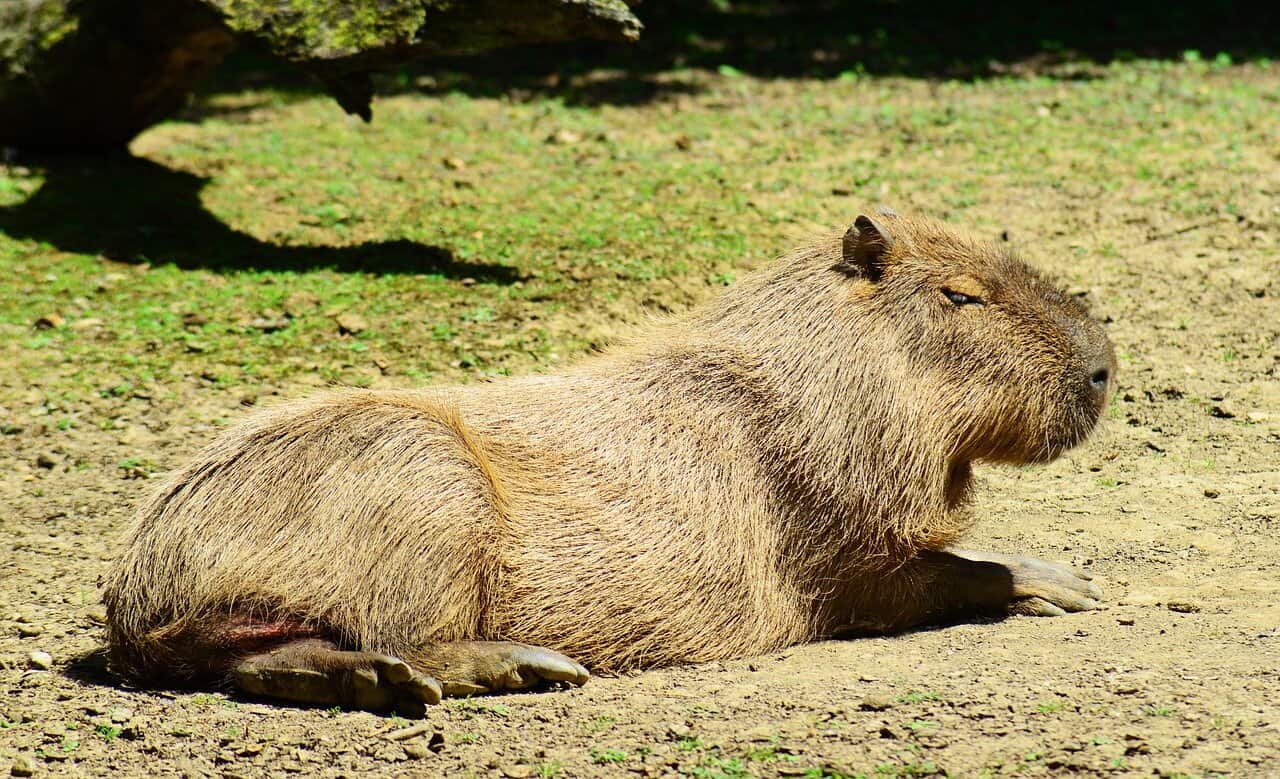One of the five capybaras rescued during an operation against illegal trafficking on Thursday died over the weekend due to mistreatment and malnutrition. The young male was unable to recover from the damage suffered during transport. “His digestive system was completely empty, with no gastrointestinal contents and the presence of gas, indicating that he had not eaten for some time,” explained Isabel Hagnauer, veterinarian at the Rescate Wildlife Rescue Center (Zooave).
The four remaining capybaras are in quarantine under medical observation. All show signs of extreme stress, severe malnutrition, and possible immune deficiencies. An autopsy revealed that the deceased animal had gone several days without food and was fed an inappropriate diet. “These conditions, coupled with the stress of captivity, triggered his death despite the efforts of our veterinary team,” said the rescue center.
Another rescued capybara suffers from an injury to a hind leg, and all show abnormal blood test results, which may indicate undiagnosed diseases. The surviving animals have been moved to a larger, quieter enclosure where they are receiving a specialized diet, environmental enrichment, and constant monitoring as part of their rehabilitation.
According to Costa Rica’s National System of Conservation Areas (SINAC), this is the country’s first recorded seizure of capybaras on the road. The institution linked the case to a recent surge in the animals’ popularity on social media, which has fueled illegal trafficking.“We must channel our love for animals into education. Yes, they are cute, but they should not be kept as pets. These animals belong in the wilds of South America, not in Costa Rican homes,” officials said.
It is believed that the animals were intended to be sold as exotic pets, which is a practice banned by law, but one that persists due to online demand and public ignorance. Wildlife trafficking is the fourth most lucrative illegal trade worldwide, following drugs, human trafficking, and weapons.
“As long as people are willing to buy wild animals as pets, trafficking will continue. It’s a chain of suffering that begins in the wild, and can end in death, like that of this capybara,” said the rescue center.






